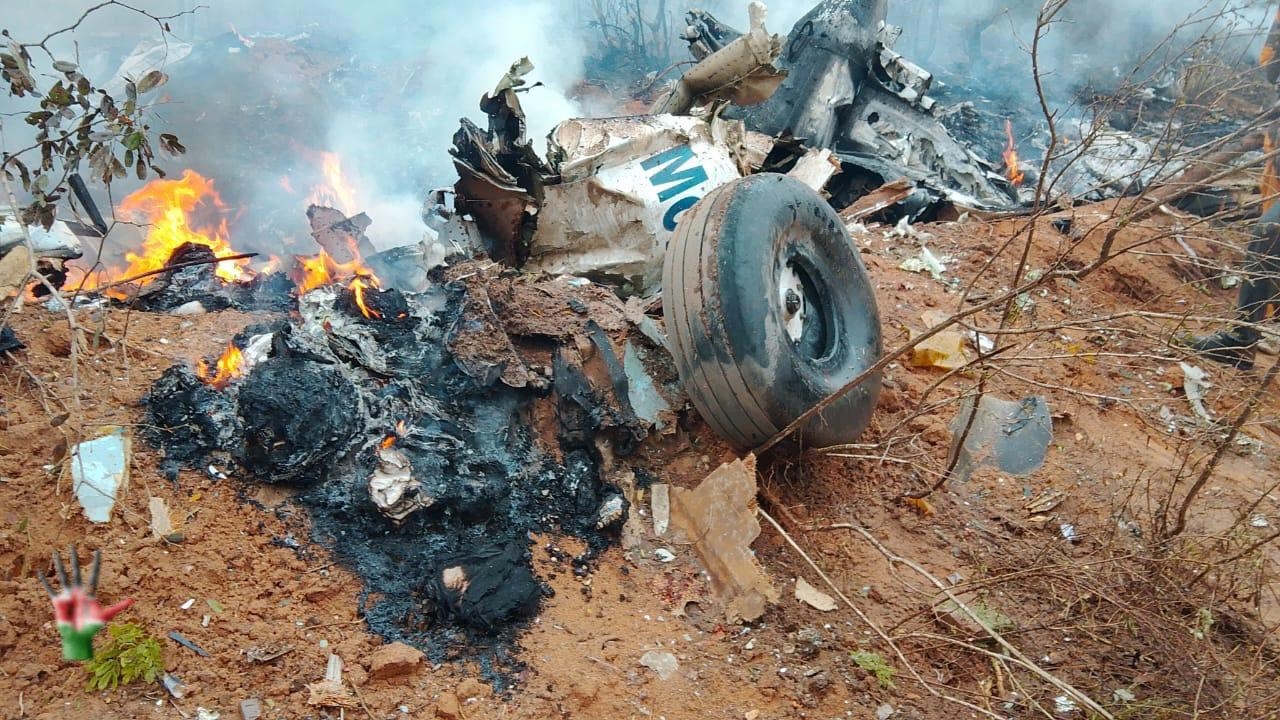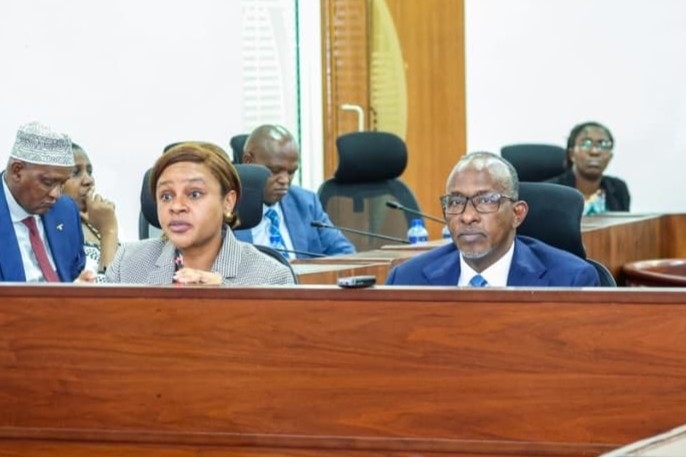For every 100 people in Kenya, only 25 have access to electricity. The situation is worse in rural Kenya where only five are connected to electricity.
With these numbers, economic growth is greatly hampered and the quality of life for many Kenyans is not getting better as fast.
Vision 2030 places reliable electricity supply as a key element in accelerating the government’s national development strategy to promote economic development, growth and competitiveness, and the creation of jobs.
The government has an ambitious goal: to achieve 40 per cent energy access by 2030 by increasing electricity generation capacity to 11,510 MW by then from the current installed capacity of 1,473MW.
Because of this shortage, the government plans to add a new generation capacity of about 2,000 MW, developed by the public sector as well as by the private sector through Independent Power Producers (IPPs), and utilising low-carbon resources such as wind and geothermal.
There is also a chance that Kenya might strike natural gas reserves in the Lamu basin and Northern Kenya regions
A Canadian oil and gas exploration company, Africa Oil Corporation, discovered substantial gas deposits in Northern Kenya while drilling Sala-I well in Block 9 in 2014. The exploration is not conclusive but certainly has the potential to add more megawatts to Kenya’s national grid.
Although gas exploration is expensive, gas is cheaper and has many other benefits for the country.
Currently, Kenya generates zero gas but it hopes that gas will become an important part of energy in the coming years.
But why is gas important?
Apart from generating electricity through gas-powered power plants or through combined-cycle gas turbine power plants, gas is considered to be a clean and efficient source of energy.
While Kenya is still using fossil fuels and is focusing on geothermal, wind and solar at the moment to power the country, gas provides an opportunity to diversify this mix.
Hydropower, which Kenya relies on, is susceptible to erratic weather patterns and climate change effects. Introducing natural gas as a complementary energy source can help diversify the country's energy mix, ensuring a more stable and reliable power supply throughout the year.
Compared to other energy sources like coal or nuclear power, gas power plants can be constructed relatively quickly. This enables faster deployment and expansion of electricity generation capacity, which is crucial for meeting growing energy demands and supporting economic development.
Liquefied petroleum gas (LPG) can be utilised as a cleaner cooking fuel in off-grid areas where access to electricity is limited. Promoting the use of LPG as a substitute for traditional biomass fuels such as wood or charcoal can improve indoor air quality, reduce deforestation and enhance the overall health and well-being of households.
Natural gas can be utilised as a feedstock for various industries, including manufacturing, fertilisers and petrochemicals. By providing a reliable and cost-effective energy source, gas can support industrial growth and enhance the competitiveness of Kenya's industrial sector.
“Introducing gas infrastructure, such as pipelines or liquefied natural gas (LNG) terminals, requires significant investment but can lay the foundation for long-term energy security. I will add that developing a well-connected gas infrastructure network enables efficient transportation and distribution of gas across the country, making it accessible to both power plants and end-users,” said Prof Fred Ajelo, a gas and oil expert.
Developing gas infrastructure is expensive and the government needs to work with the private sector and giants like Russia’s Gazprom if it hopes to realise this potential.
Gazprom is interested in partnering with African countries on gas infrastructure and technology.
Dimitry Stratov, Deputy Director General, Prospective Development, Gazprom, Dobycha Nadym, said recently that the company is not interested in ownership licences but is willing to partner with African countries to develop gas infrastructure.
Gazprom is owned by the Russian state and has sales of over $120 billion annually, making it the largest natural gas company in the world.
The company has 18 fields in the arctic area of Bovanenkovskoye, accounting for 20.4 trillion cubic metres of gas and 1 billion tonnes of gas condensate and oil.
The Bovanenkovskoye field is located in the Northwestern part of the Yamal Peninsula, beyond the Arctic Circle, spanning 1,780 square kilometres.
“Gazprom is open to discussing constructive and mutually beneficial proposals that would facilitate economic development and improve the lives of people in African countries,” said Dmitry Khandoga, head of Gazprom's foreign economic activities department.
Raising natural gas production in Africa, according to the company, will help meet the growing energy demand.
“For example, one in three residents of Nigeria, Africa's largest LNG exporter, does not have access to energy,” according to the Russian company.












